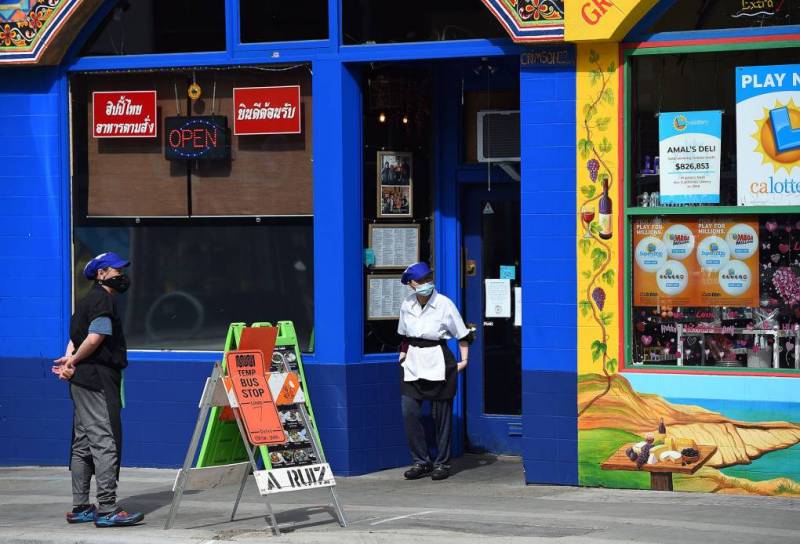"Out of an abundance of caution, people are recommended to wear masks indoors in settings like grocery or retail stores, theaters, and family entertainment centers, even if they are fully vaccinated as an added layer of protection for unvaccinated residents," the statement said. Officials also urged businesses to adopt universal masking requirements for their employees and customers in indoor areas.
"After vaccination, masking is the next most powerful tool we have to protect ourselves and each other during this latest wave of infections," said Alameda County Health Officer Dr. Nicholas Moss in the statement, imploring unvaccinated people to get their shots immediately.
Although coronavirus rates are still much lower than they were earlier this year, new cases have jumped throughout the Bay Area and across California — and much of the country — almost exclusively among unvaccinated people.
There were more than 4,600 new cases recorded in California on Friday, the most since late February, although a far cry from the winter peak that saw an average of more than 40,000 per day. The state also reported a seven-day average of 5.4 new cases per 100,000 people, up from a low of 2 cases per 100,000 at the beginning of June, with hospitalizations now topping 2,000, their highest level since April.
"We have been seeing case rates and hospitalization rates really going up," said Dr. Chris Farnitano, the health officer for Contra Costa County, where case rates have more than doubled in recent weeks. They started rising after the state relaxed business rules on June 15, he said, and then really shot up following the July 4 holiday weekend, with the delta variant responsible for a large majority of new infections.
"It's almost exclusively in the unvaccinated population, but there are some vaccinated individuals who are still getting sick, although at much lower rates," he said. "And so, to protect everyone, we're asking everyone to take this extra simple step to go back to wearing masks in indoor public settings to help reduce the spread of COVID."
In June, the more aggressive delta variant made up 43% of all specimens sequenced in California, health officials said, and is now responsible for 58% of new infections across the country, according to the Centers for Disease Control and Prevention.
"We're looking at case rates that are 10 to 20 times higher in the individuals who are unvaccinated," Farnitano said. "So it's really a pandemic of the unvaccinated at this point."

